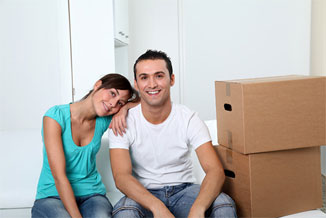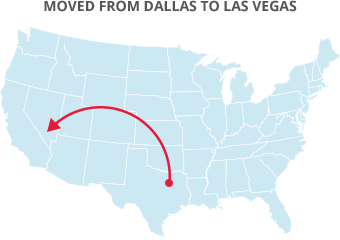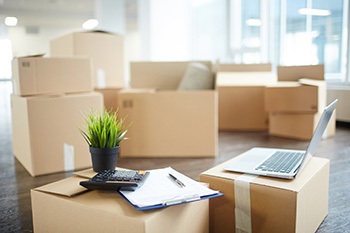

 By Julie DeLong, A-1 Freeman Moving Group
By Julie DeLong, A-1 Freeman Moving Group
Since moving can be tedious and boring, music is a great way to stay motivated and focused according to experts. It can even boost your mood so consider having a stereo or television set up so you can work to the sound of your favorite tunes or have a Bluetooth speaker hand to connect to your mobile device.
Packing strategically can significantly cut down on stressors and headaches once you reach your new location. Pack an "essentials" box (or two) that contains things you will need immediately at your new place. This box should include things like:
This way once you arrive at the new place, you will have everything you need to get through the first night.
Additionally, make sure to label each box with which room it should go into when it arrives. This way you won't have to blindly open boxes unsure of what is in it or search through countless boxes to find something you need.
You may also already have an idea of where the furniture is to go. Planning where each piece will go prior to the move will speed up the process and help you stay organized and focused on the rest of the unpacking.
If you have a home office, you may need to unpack these items first to stay on top of your business. If you're a work-from-home individual, obviously you'll want to have your office unpacked, organized, and operational so you don't fall behind.
Moving day can be exhausting and you'll likely be ready to crawl into bed that first night. That's why assembling and making your bed(s) is a great start before unpacking boxes.
You won't want to have to do it after you've spent the whole day unpacking boxes and bags and organizing.
Once you've got your beds assembled, the kitchen is the most logical place to start unpacking. Since the kitchen is considered the heart of the home, having your cabinets, cupboards, and appliances all unpacked and organized will help you shift into your new home.
If you have an eat-in kitchen, you'll likely also have a table that will help you unpack in a more organized way.
After you spend all day unpacking and organizing, you'll probably want to take a shower or soak in a relaxing bath. Your "essentials" box should include the toiletries, soaps, shampoos, medications, or other items that are necessary for the bathroom.
Having the kitchen and bathroom unpacked makes unpacking the rest of your things easier.
Since the furniture is already in place, the bedrooms should be the next to unpack. If you have packed the bedding in clear plastic bags or bins, it will be easier to identify which bedclothes go to which room. Alternatively, write the name of the person's bedroom on the box after packing it to make it easier.
Hopefully, you will have your furniture in place which will make unpacking everything else easier. Don't worry about decorative items such as wall-hangings or knick-knackery until all of the essential items are unpacked.
Seasonal items such as holiday decorations or things that you seldom use can be unpacked last. These things will usually go to an attic, basement, storage room, or garage.
As with packing, unpacking is made easier with planning and organization. Being orderly about the process will help to ensure you enjoy your new home as seamlessly and quickly as possible.
Request a free quote

